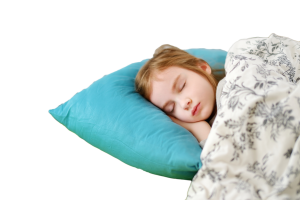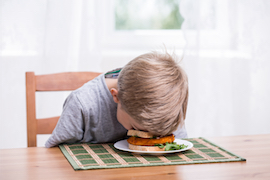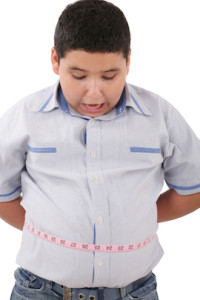It is one thing to suffer from sleep apnea as an adult, but for your child to suffer from this condition? The thought might never have crossed your mind. However, it can happen. Children have smaller lungs, which mean they have less oxygen in reserve. As a result, this causes them to take frequent, shallow breaths rather than slow, deep breaths. And, when this occurs it can cause a child to have too much carbon dioxide in the blood.
As an adult, you may have fragmented sleep, briefly waking up after breathing stops, but a child does not wake up in response to those pauses in breathing. Instead, they have a higher “Arousal threshold” than adults, which makes their sleeping patterns fairly normal with sleep apnea.



